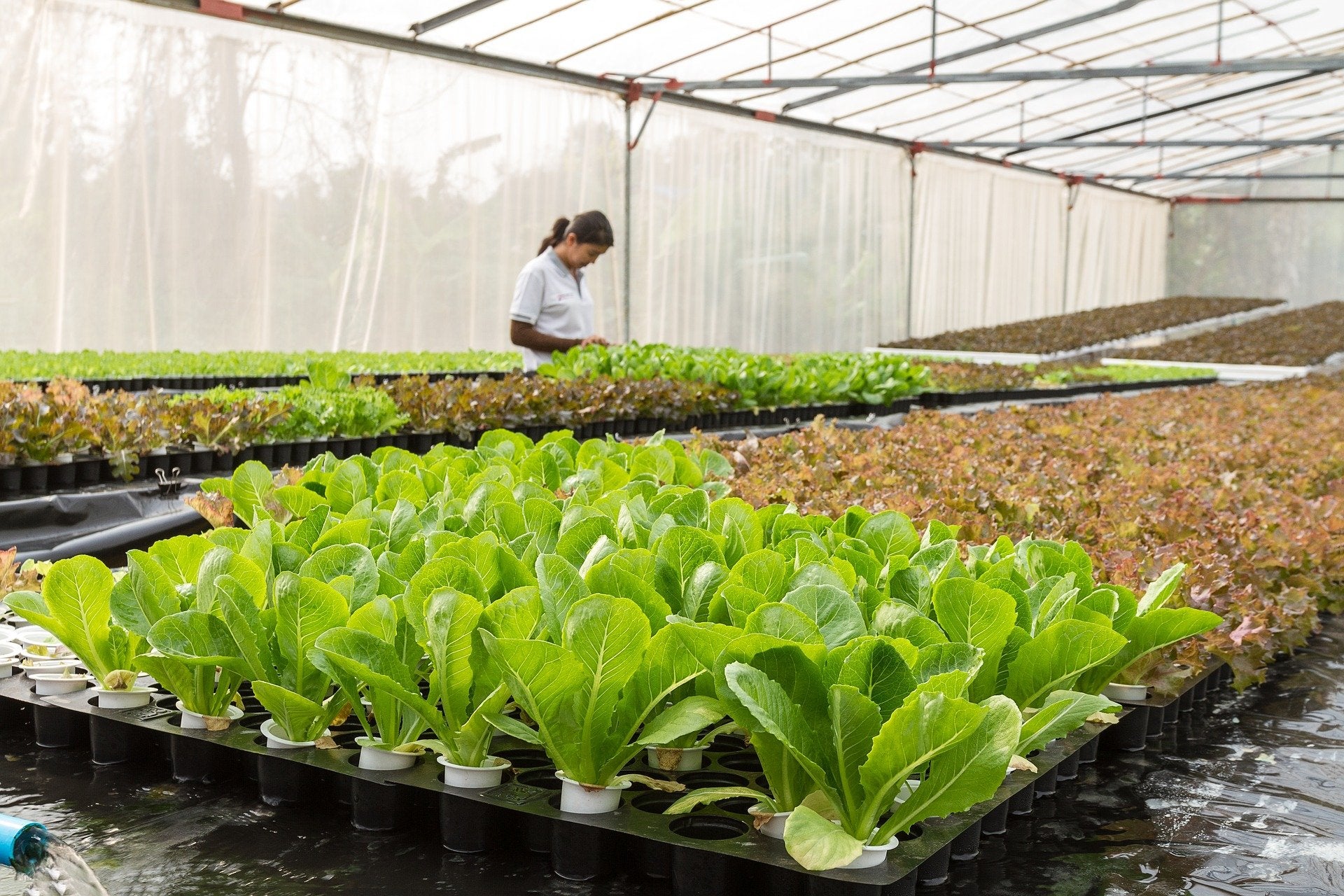‘Space lettuce’ will help astronauts keep their bones on their way to Mars
Astronauts could lose more than 20% of their bone mass on their way to the Red Planet without cautionary measures

Scientists believe that transgenic lettuce grown in space could help guard astronauts against bone loss in missions to Mars.
Astronauts lose, on average, more than one per cent of bone mass per month spent in space - a condition known as osteopenia.
“Right now, astronauts on the International Space Station have certain exercise regimens to try to maintain bone mass,” said Kevin Yates, a graduate student who is presenting the work, “but they’re not typically on the International Space Station for more than six months.”
Astronauts on their way to Mars, however, would need to spend 10 months in transit and then a year on the planet before returning to Earth.
The negative effects of osteopenia during this three-year mission could be negated using a medication containing a peptide fragment of human parathyroid hormone (PTH); but while this would restore bone mass in microgravity it requires daily injections and in such large quantities that it would be impractical to take on the voyage.
As such, scientists believe they have found an alternative solution. “Astronauts can carry transgenic seeds, which are very tiny — you can have a few thousand seeds in a vial about the size of your thumb — and grow them just like regular lettuce,” Dr Somen Nandi says.
“They could use the plants to synthesize pharmaceuticals, such as PTH, on an as-required basis and then eat the plants.”
The scientists developed the lettuce by infusing it with a form of PTH that could be taken orally, attaching a piece of another protein to the DNA sequence to make it more stable.
Initial results suggest that the the plants hold about 10-12 milligrams of the modified peptide hormone per kilogram of fresh lettuce. This means astronauts would need to eat about 380 grams of lettuce daily to get a sufficient dose of the hormone.
Although the researchers have not yet tasted the lettuce - because its safety has not been established - they believe that it will taste no difference to regular lettuce.
The researchers do say that they need to test the lettuce for its ability to safely prevent bone loss in animals, as well as undertaking human clinical trials.
“I would be very surprised that if, by the time we send astronauts to Mars, plants aren’t being used to produce pharmaceuticals and other beneficial compounds”, Mr Yates said.
Subscribe to Independent Premium to bookmark this article
Want to bookmark your favourite articles and stories to read or reference later? Start your Independent Premium subscription today.

Join our commenting forum
Join thought-provoking conversations, follow other Independent readers and see their replies